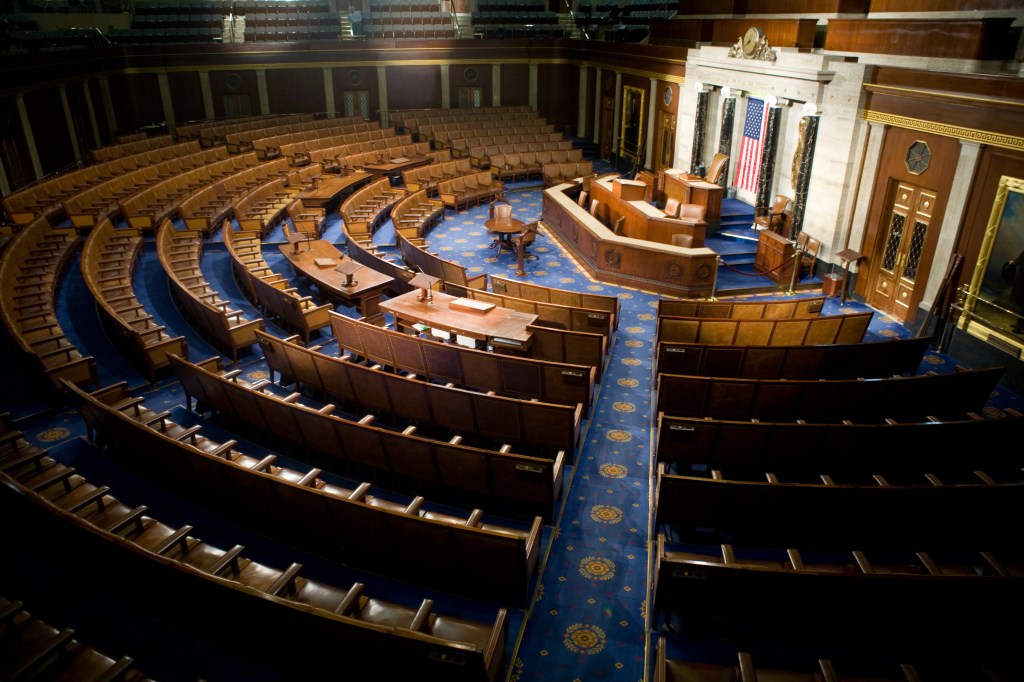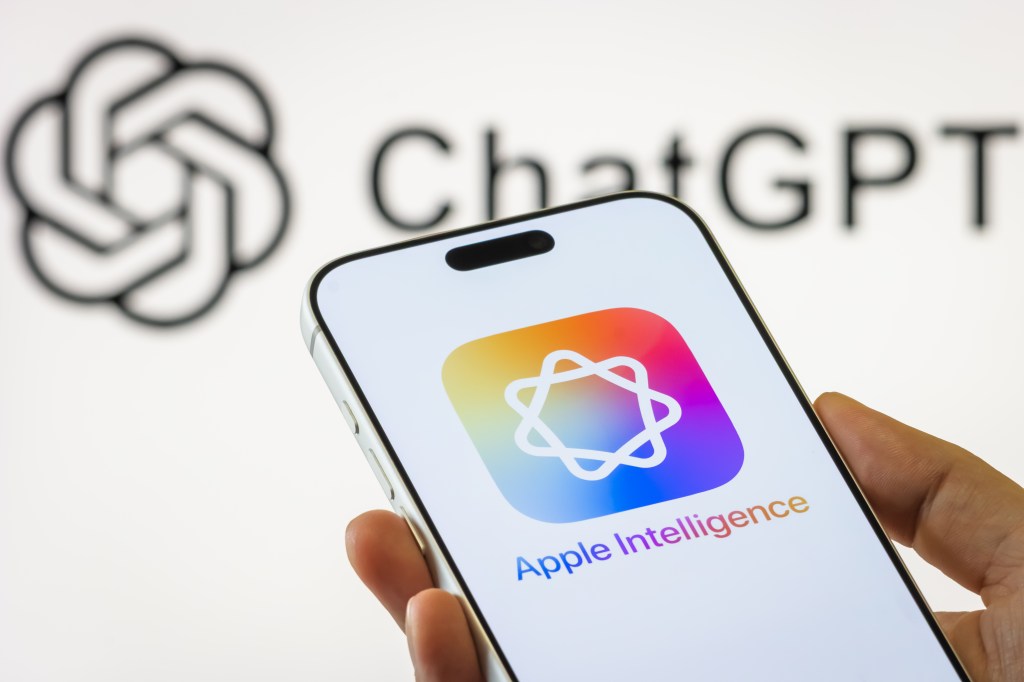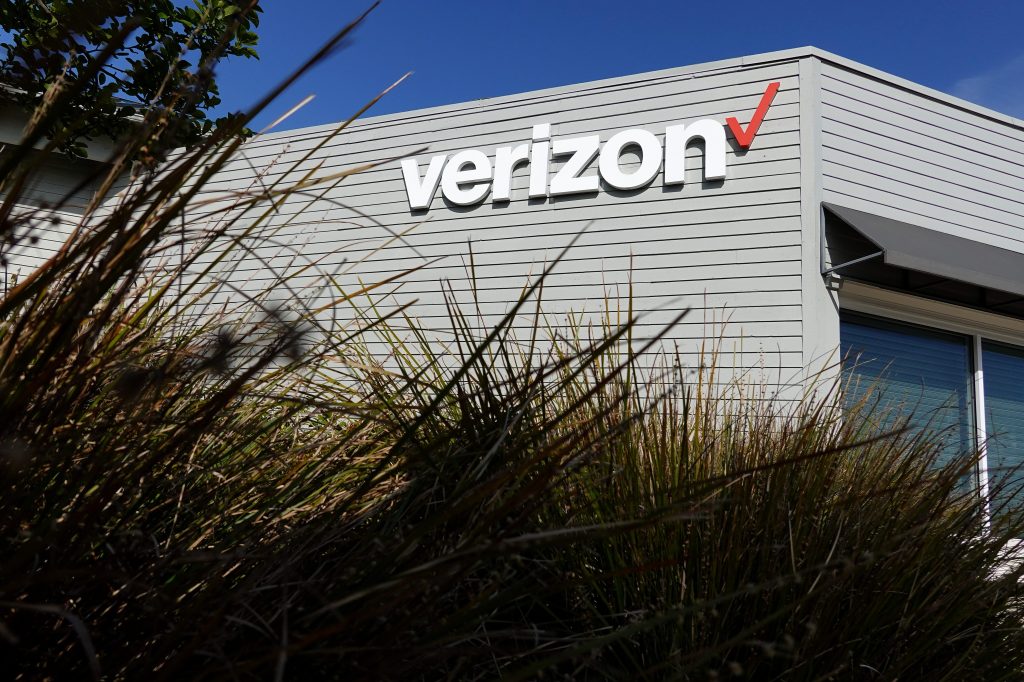The FCC recently announced that it approved Verizon’s deal to merge with fiber-optic internet provider Frontier, concluding a $20 billion deal that will see the telecommunications giant expand its carbon fiber cable network across 25 states.
The FCC’s approval comes months after the agency launched a probe into Verizon’s DEI policies;
Register for free to keep reading
To continue reading this article and unlock full access to GRIP, register now. You’ll enjoy free access to all content until our subscription service launches in early 2026.
- Unlimited access to industry insights
- Stay on top of key rules and regulatory changes with our Rules Navigator
- Ad-free experience with no distractions
- Regular podcasts from trusted external experts
- Fresh compliance and regulatory content every day













